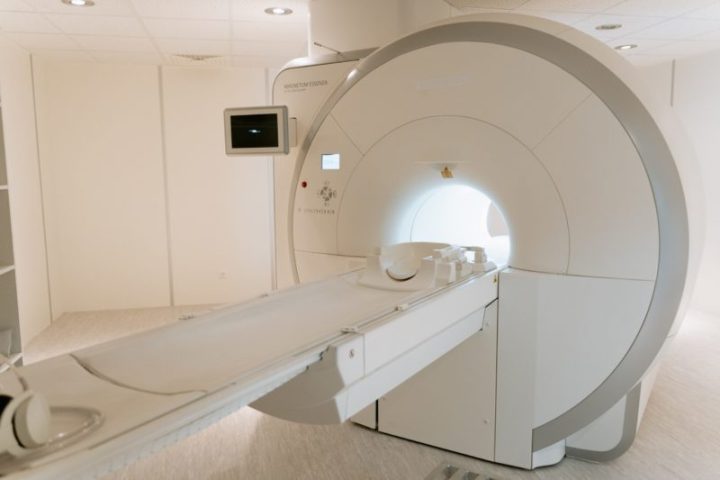Every year, technology progresses making it simple for anyone to access information online. Hackers have nailed down every tip and trick to get their hands on whatever they want, so you have to secure your information as best you can. Specifically, if you didn’t already know, your medical devices are at risk as well. Let’s learn more about the typical medical device security challenges and a few best practices you can follow to protect your medical devices from hackers.
Types of Personal Information and Medical Devices at Risk
Before we discuss how to secure your device and what to do about security threats, you should probably understand what is at risk and how. Your personal health information is anything that is tied to your medical records, history, and personal data – essentially any information that identifies who you are. This type of information should always be kept confidential and secure by you and any company that maintains it. Furthermore, personal information is protected under HIPAA, any violation of this kind of information is against the law and could result in heavy fines and major consequences for all involved.
Your medical device is technically an extension of this personal information and can include any of the following types of devices:
- Pacemakers
- Defibrillators
- Ventilators
- Insulin pumps
- Birth control – IUD implants and arm implants
- MRI machines
- Infusion pumps
- CT scanners
- Security cameras in a facility
- RFID readers
- Monitoring devices
- Fitness trackers
The devices on the list are also protected under HIPPA, and yes that includes even fitness trackers. Someone could try to hack into a medical device to obtain any information it tracks or stores about you. Since you now have a better understanding of how common threats are to devices, let’s discuss how important security is for medical devices.
Security Challenges for Medical Devices
Between technological access and mass production, these devices are intertwined and connected in some way or another. When one is at risk, all of them are at risk. Cyberattacks hardly occur in isolation, so keeping your guard is key for protecting your device and its information. Hacked medical devices interrupt critical, daily operations. If a radiology device is hacked or its entire system gets infiltrated, patients can no longer benefit from those machines until the issue is resolved. That happened in 2017, and cancer patients had to postpone life-saving treatment due to a cyberattack. It might come off as shocking or dramatic, but it’s not. You need to be aware of the reality of the consequence.
Let’s say for example, you have diabetes and your insulin pump stopped working because of malware or a hacker. It’s a major risk that can also be life threatening. In the end, it is important to understand that protecting your devices is about guarding your life.
The Price of Cybersecurity
You should always make sure that medical devices are protected because they are a pricey investment. Cleaning up after a cyberattack will cost your organization more money than if you had obtained a security system for your devices and electronic health records from the start.
Perhaps the biggest challenge here is the overall threat to the American healthcare system. One device hack can lead to another and then another, and all these devices, systems, patients, and organizations rely on one another to maintain the functioning and care of patients. A threat is a threat, no matter the perceived size.
Security challenges for medical devices include:
- Their long shelf life.
- They are mass-produced.
- They are not engineered to be protected against ransomware and malware.
- They are critical for survival and medical care.
- They are all intertwined within the healthcare system, patients, and more.
Best Practices to Secure Your Medical Devices, Both Big and Small
So, what can you do to protect your medical devices from hackers and cyber-attacks then? Don’t you worry! We have compiled a list of simple best practices you can start implementing today for long-term success.
- Review FDA guidelines for medical devices, these are not regulations, but they are helpful guidelines on what to do to protect devices.
- Invest in a quality cybersecurity protection service.
- Set yourself up for success from the start – medical devices often last a long time, and it isn’t easy to retroactively secure or update them.
- If you are a healthcare organization, dedicate and train staff to medical device security so that there is consistency and regular collaborative efforts on this topic.
- Protect your software systems and data that is connected to any medical device – hello, antivirus software!
- Encrypt data and password protect everything you can with strong passwords
- Don’t give access to employees or other people who do not need it or cannot be authorized to access information, insider threats are very real
- Know your inventory – maintain a detailed list of all devices in and out of operation including serial numbers, purchase dates, etc.
- Complete a risk assessment of devices to check and ensure their security.
- Register devices as applicable and do routine check-ups on them for security and functioning.
Protect Your Devices with Emeritus Clinical Solutions
Emeritus Clinical Solutions has everything you need to protect your medical devices and help fight against cybersecurity threats. Why leave your information and devices vulnerable when you don’t have to?
Once you begin working with us, our knowledgeable team will make everything simple for your organization. An investment in cybersecurity is an investment in your future success and privacy. Discover Emeritus for cybersecurity, IT management, and clinical engineering services to start focusing on business growth.
Contact us now to learn more about how you can protect your medical devices!




